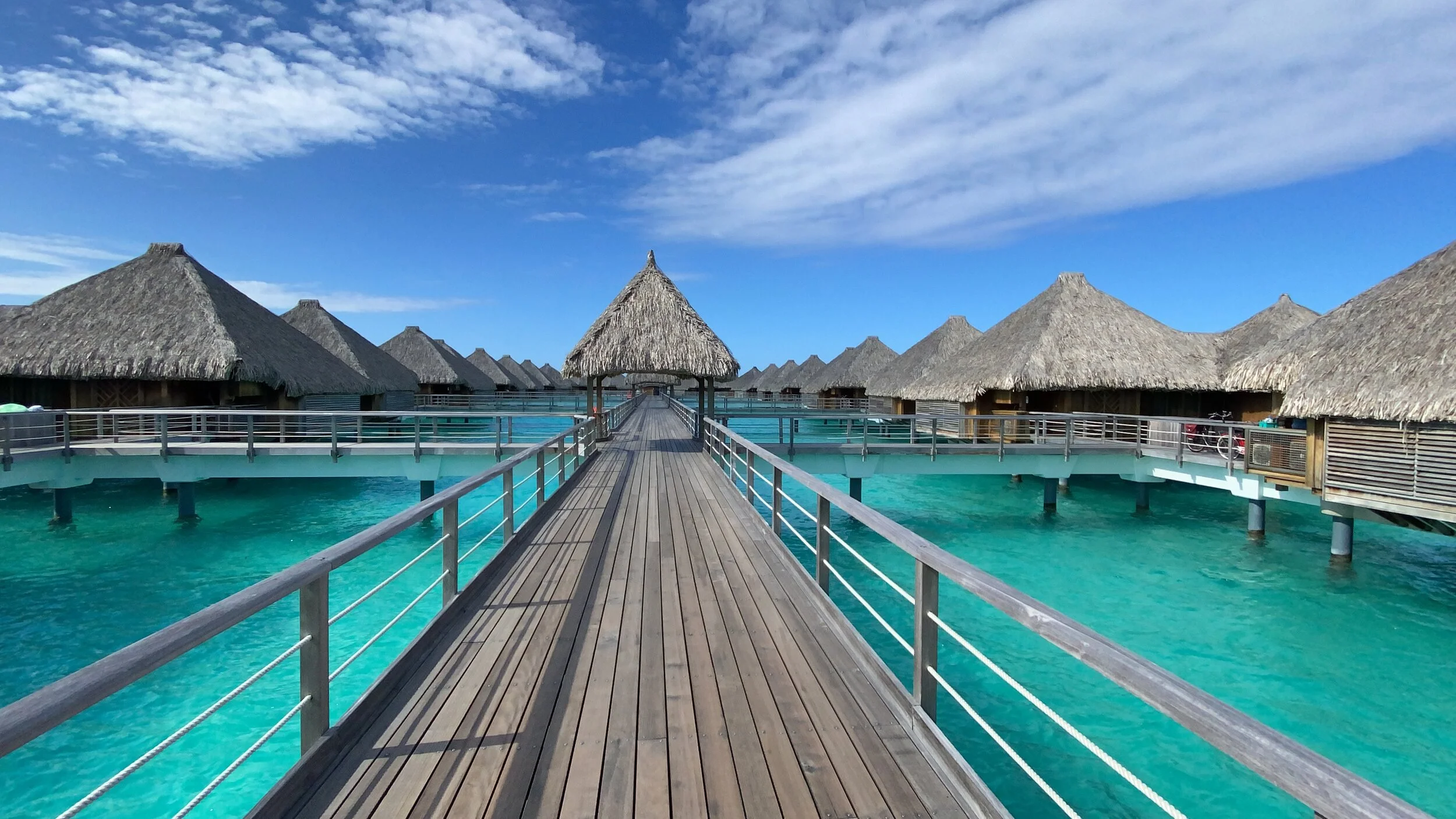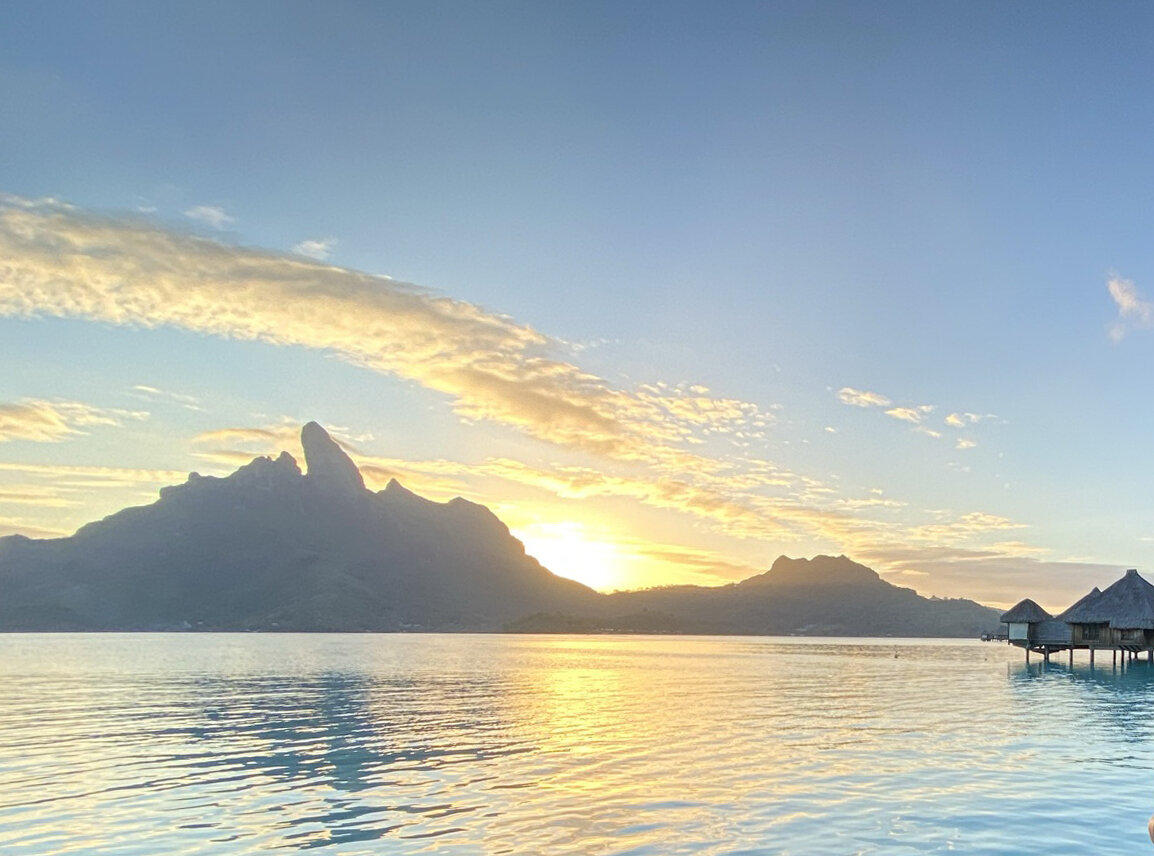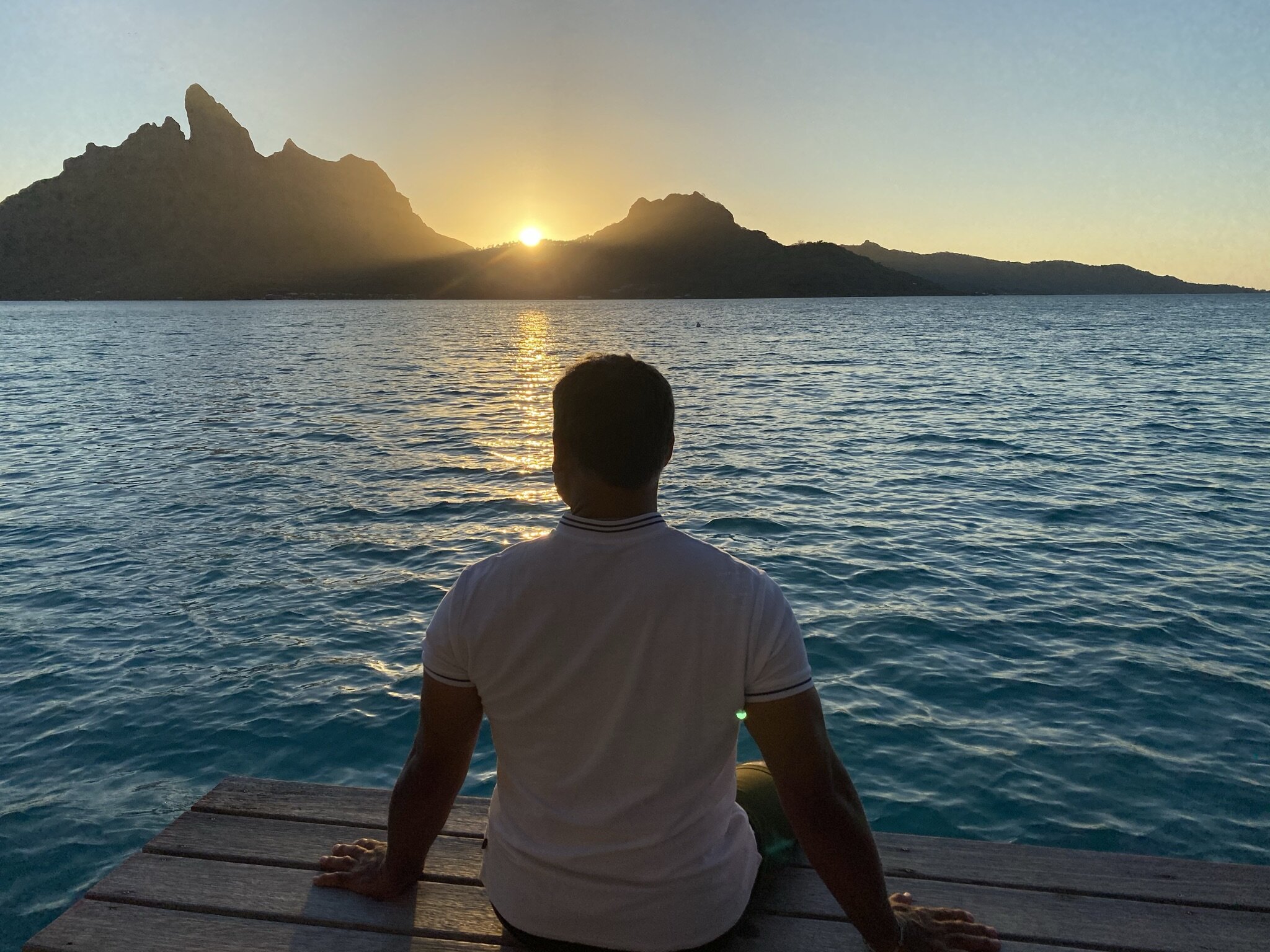Covid 19 has created many challenges to travel. One of those challenges is that many countries around the world are not allowing us to travel there. However, some are. So, then the challenge becomes how to travel to a country that allows us in. Specifically, what steps are necessary to get there and how to stay safe while getting there and once in the country.
As a luxury travel professional I believe the best way to be able to talk about the issue and to inform you about it, is to experience it for myself. This has been our mantra at Zoom Vacations when it comes to anything from a hotel stay, how gay friendly a destination is, to what the best seat on a plane feels like. So, of course I could not wait for the opportunity to travel to a destination I felt offered a very good process for traveling during a pandemic. The big question for me was whether it was doable.
I wanted to choose a destination that 1) was open to international travelers, 2) was relatively close and easy to get to, 3) had a good Covid plan for keeping me safe, and 4) I had never been to before. French Polynesia checked all the boxes.
French Polynesia is one of a number of countries that are requiring a negative Covid test for entry. Others include Italy, St. Lucia, Portugal, the Maldives, Guatemala and many others. The test and negative PCR certificate must be issued no more than 72 hours prior to departure. However, what makes French Polynesia different is that a follow-up Covid test is required four days after arrival. It is free and easy to administer and turn in. Once completed no news is good news.
My business partner recently went to French Polynesia as part of his own research trip, and he wrote about his flight and the trip experience.
I echo what he said about the experience, and I would like to add ten things I did that helped me feel as safe as possible throughout the trip.
1. Wear your mask. Plus, if you are on a flight that is longer than 4 hours, bring a few extra masks so that you can wear a fresh one. This makes wearing the mask more pleasant as well as more safe. Pick a mask that is comfortable for you (not too big or too small).
2. Have a small bottle of anti-bacterial hand gel on you at all times. Also, bring antibacterial wipes and disinfect your immediate surroundings on the plane. Airlines are doing a good job of disinfecting, but the whole purpose is to give yourself some added assurance.
3. Bring clear goggles to keep in you carry-on. You likely will not need them, but if you are sitting near someone who is coughing (likely not even Covid-related) you will be glad you have them for the extra peace of mind.
4. In your hotel room, wipe down phones, remotes, and handles. Again, this is probably and unnecessary step, but it may make you feel more safe.
5. Remember to bring your multivitamins and other parts of your regimen that you employ at home to stay healthy.
6. While traveling, whenever possible, avoid lining up with people and being in close proximity with others in general.
7. Stay hydrated!
• Water helps prevent dry mouth. Water keeps your throat and lips moist and prevents your mouth from feeling dry.
• Water promotes cardiovascular health.
• Water keeps your body cool.
• Water helps muscles and joints work better.
• Water keeps skin supple.
• Water helps cleanse your body — inside and out.
8. Get outside and get some sun! Fresh air activities are safer, and getting some sunshine is a great way to obtain your vitamin D. Evidence suggests that vitamin D may help protect against becoming infected with, and developing serious symptoms of, COVID-19. People with low vitamin D levels may be more susceptible to upper respiratory tract infections. One study found that people who took vitamin D supplements, particularly those who had low vitamin D levels, were less likely to develop acute respiratory tract infections than those who didn’t. Vitamin D may help boost our bodies’ natural defense against viruses and bacteria. It also may help prevent an exaggerated inflammatory response, which has been shown to contribute to severe illness in some people with COVID-19.
9. Get some light exercise. Some studies even show that regular, moderate-intensity exercise may have immune-boosting benefits. Exercise may even help you by opening up your nasal passages.
10. Get plenty of sleep. This is definitely a time to indulge in a grand old vacation nap. Getting enough sleep supports the immune system, which reduces the risk of infection and can improve outcomes for people fighting a virus. Plus, sleep deprivation weakens the body’s defense system and makes people more vulnerable to contracting a virus.





